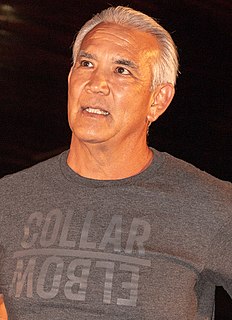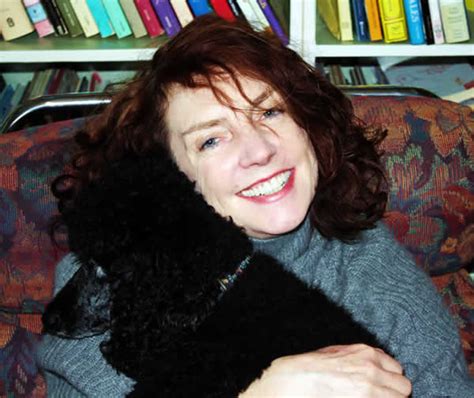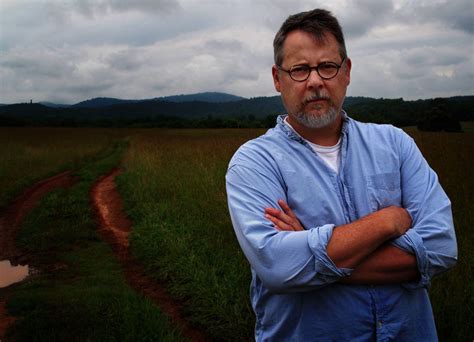A Quote by Amanda Palmer
We can only connect the dots we collect, which makes everything you write about you... your connections are the thread that you weave into the cloth that becomes the story that only you can tell.
Related Quotes
You can't connect the dots looking forward; you can only connect them looking backwards. So you have to trust that the dots will somehow connect in your future. You have to trust in something - your gut, destiny, life, karma, whatever. This approach has never let me down, and it has made all the difference in my life.
Again, you can't connect the dots looking forward; you can only connect them looking backwards. So you have to trust that the dots will somehow connect in your future. You have to trust in something - your gut, destiny, life, karma, whatever. This approach has never let me down, and it has made all the difference in my life.
The thing with me is, about that - about rock and all that - years and years of crate-digging, listening to old music, you kind of start to connect the dots. And I was seeing the thread that was connecting everything together, which is pretty much the blues. And everything soul or funk kind of starts with that.
The story is the only thing that's important. Everything else will take care of itself. It's like what bowlers say. You hear writers talk about character or theme or mood or mode or tense or person. But bowlers say, if you make the spares, the strikes will take care of themselves. If you can tell a story, everything else becomes possible. But without story, nothing is possible, because nobody wants to hear about your sensitive characters if there's nothing happening in the story. And the same is true with mood. Story is the only thing that's important.
Many musicians are fabulously skilled at playing the black dots on the printed page, but mystified by how the dots got there in the first place and apprehensive of playing without dots. Music theory does not help here; it teaches rules of the grammar, but not what to say. When people ask me how to improvise, only a little of what I can say is about music. The real story is about spontaneous expression, and it is therefore a spiritual and a psychological story rather than a story about the technique of one art form or another.
When we were small, Rose and I used to play a game called connect the dots. I loved it. I loved drawing a line from dot number 1 to dot number 2 and so on. Most of all, I loved the moment when the chaotic sprinkle of dots resolved itself into a picture. That's what stories do. They connect the random dots of life into a picture. But it's all an illusion. Just try to connect the dots of life. You'll end up with a lunatic scribble.
True wisdom, indeed, springs from the wide brain which is fed from the deep heart; and it is only when age warms its withering conceptions at the memory of its youthful fire, when it makes experience serve aspiration, and knowledge illumine the difficult paths through which thoughts thread their way into facts,--it is only then that age becomes broadly and nobly wise.
I was interested in the ways we can write biography. When you're first starting to write about your own life it feels so shapeless because you don't know how to make your own story cohesive. How do I pluck a story out of the entirety of what it means to be alive. It occurred to me recently that when you're telling a story about your own life, rather than taking a chunk, you're kinda like lifting a thread from a loom.
I always knew from the beginning that this was the only way to write Then We Came To The End - that it had to be in first - person plural if it was going to illustrate how the individual becomes part of the collective. I had no interest in writing the book in a more conventional voice. It goes back to that fascination I had with telling a story in multiple ways. It was the only choice I gave myself, really - I said "This is it, pal. If you can't tell a story this way, you're going to have to abandon the book. Write it this way or give up."



































